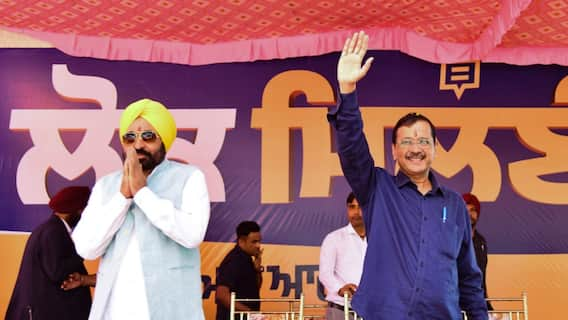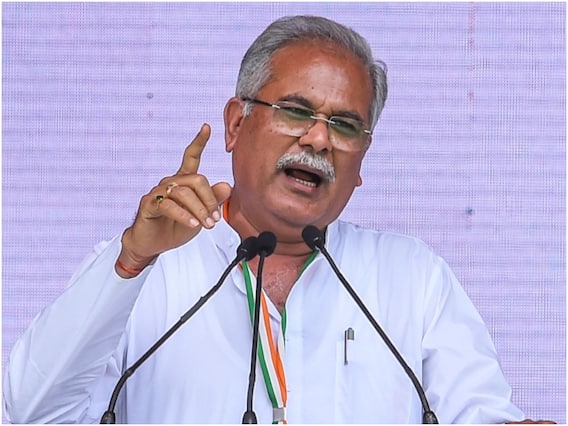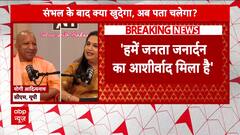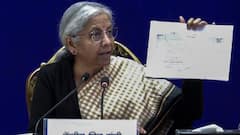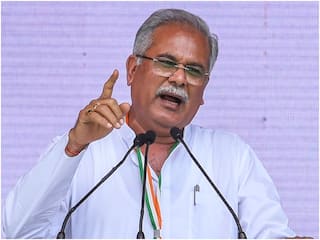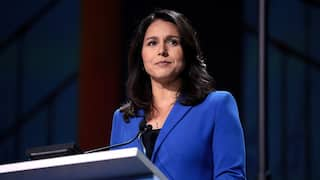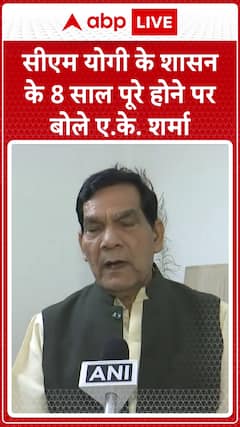India Expects To Sign At Least Two Free Trade Agreements In 2023, Says Commerce Minister Piyush Goyal
Piyush Goyal said the FTA will benefit a slew of sectors, including textiles, gems, and jewellery, and also information technology, which gets aided by the dropping of double taxation

Union Commerce Minister Piyush Goyal on Thursday said that India expects to sign atleast two more free trade agreements (FTA) in 2023. Comment comes as on Thursday India-Austalia ECTA came into force. Goyal was said that negotiations are scheduled with the UK, European Union, and Canada.
He said that his ministry does not have the bandwidth to tend to requests by smaller trading partners like New Zealand with which the bilateral trade stands at $350 million. "India today works from a position of strength, we negotiate with confidence," Goyal said.
After handing over certificates of origin to the first among the Indian goods being sent to Australia after the agreement, Goyal said the FTA will benefit a slew of sectors, including textiles, gems, and jewellery, and also information technology, which gets aided by the dropping of double taxation.
The minister said he expects Indian IT companies' billing to Australia alone to grow to $1 billion in the next 5-7 years from $200 million at present.
The Regional Comprehensive Economic Partnership (RCEP), which India walked out of in 2019, would have become a free trade agreement with China in effect, Goyal said, adding that Indian industry was "petrified" with the earlier UPA government's move to start negotiations on the same. He called the walkout an economically prudent and wise decision.
He said on a conservative basis, the ministry expects the bilateral trade between India and Australia to increase to $31 billion in five years with the free trade agreement in place.
The agreement is a win-win document that has the complementarities as its fundamental building block. India will get access to cheaper raw materials like coal from Australia while the finished Indian goods will have a market there, Goyal said.
"We believe that it is important that we calibrate the opening up so that Indian industry gets enough time to mature, develop themselves and be able to compete on fair terms," Goyal added.
Trending News
Top Headlines







